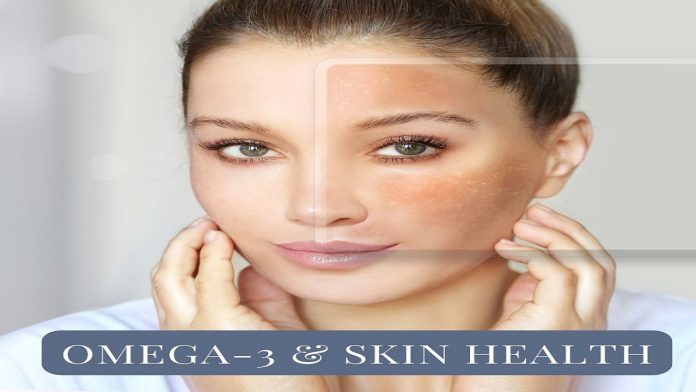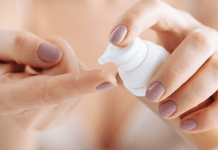People make choices that make their life better choosing omega-3 fatty acids has gained attention in the recent past due to their benefits. However, it is significant to point out that Omega-3 is as helpful for heart and brain health as it is for skin health. One common question that often arises is, what foods cause spots? Understanding the connection between diet and skin health can help in making informed choices. The article is devoted to the discussion of Omega-3 fatty acids and their usage in the field of skincare and its course
Anti-inflammatory Benefits
The anti-inflammatory benefits of Omega 3 fatty acids draw the attention of skincare experts. EPA and DHA also have the role of lessening the production of inflammation indicators and therefore reducing redness, inflammation, and soreness. To people with acne, Omega-3s are quite relevant because they help eliminate the formation of acne on the surface of the skin. Omega-3s are also useful in reducing skin redness and inflammation and therefore used in the treatment of various inflammatory skin diseases and also for skin health by reducing the chances of the formation of pimples and other skin irregularities.
Moisturization and Barrier Function
Omega-3 fatty acids are also involved in the regulation of skin lipids that play a role in skin function and skin defense. In doing so, the lipid layer has the function of acting as a barrier to water loss and on the same note as a barrier to the pollutants and bacteria penetrating through the skin. When this barrier is broken the skin becomes dry and scaly and susceptible to infection and inflammation. Omega-3s are also supportive in the preservation of this wall to give smooth, healthy moisturized skin. Omega-3s also contribute the skin to maintaining its moisture because they increase hydration, which is one of the sources of skin dryness.
Anti-aging Properties
Collagen and elastin, a protein that is responsible for skin strain are gone hence the formation of wrinkles and sagging skin. Omega-3 fatty acids can however help in reducing this process because it has been established that they enhance skin density. For illustrate, EPA is said to inhibit the making of enzymes that break down collagen and this makes the skin hard and elastic. Omega-3 also plays a role in the prevention of inflammation and fighting the free radicals that cause skin aging. Omega-3s are very good for the diet or the skin if one would like to have glowing skin.
Protection Against UV Damage
The sun particularly the ultraviolet (UV) light is one of the biggest causes of skin damage and aging. Even as sunscreen is very vital in protecting skin from exposure to UV radiation, Omega-3 fatty acids do the same. Omega-3s can also be used to prevent outbursts of skin to UV and the inflammation that is part of sunburn. For example, EPA has been observed to prevent the formation of molecules that cause skin inflammation and hence UV skin damage. Omega-3s should not replace sunscreen, however, omega-3s enhance the skin’s capacity to avoid UV irritation, sunburn, skin aging, and skin cancer.
Promoting Skin Healing
Omega-3 fatty acids are also promoters of skin repair and skin replacement or skin renewal. They are used in the construction of cell membranes which is vital in cell creation and replacement. They are also very useful in the treatment of injuries, soreness, and cuts since omega-3 fatty acids reduce inflammation and increase the rate of skin cell division. Omega-3s are especially beneficial when the skin’s wall is disordered, for example, in eczema or psoriasis.
Incorporating Omega-3s into Your Skincare Routine
Omega-3 fatty acids, both diet and cosmetic products should contain the acids. One should always consume foods that are rich in Omega-3 like fish, flax seeds, chia seeds, and walnuts to improve skin health from the inside. Omega-3 fatty acids can also be obtained from flaxseed oil, fish oil, or algae oil and may also be taken in the form of a supplement. Moreover, attempts to use lotions with Omega-3s, could be serums, lotions, or oils with fish oil, flax seed oil, or any other Omega-3 product. Such topical products can provide skin with reduced inflammation, provide skin with moisture, and shield skin from the adverse impact of the environment.
Conclusion
People looking for spotless skin should prefer food with Omega-3 fatty acids, nutrients that should be included in the diet and as well as in the daily skincare routine. Omega-3s are found in the foods we eat; they are in capsules and creams and are active in treating the skin making the skin look healthy, fresh, and young. Therefore, if you have information on these two omega-3 fatty acids and apply them to your skincare you can enhance the skin stress resistance and achieve the result that you want.














